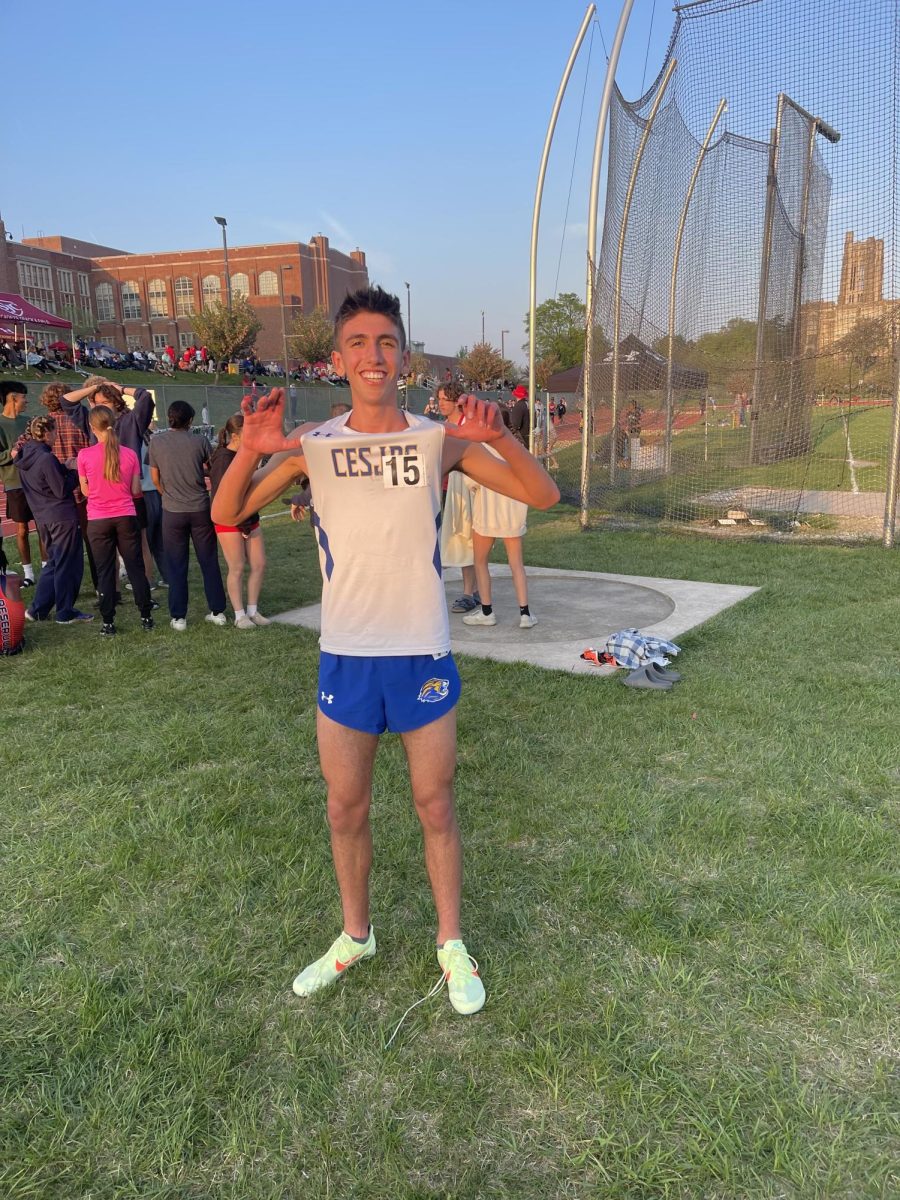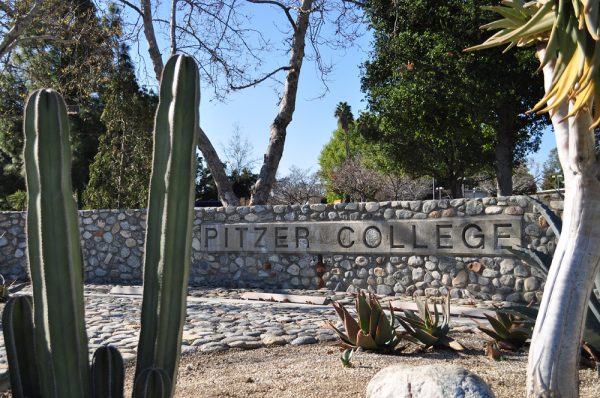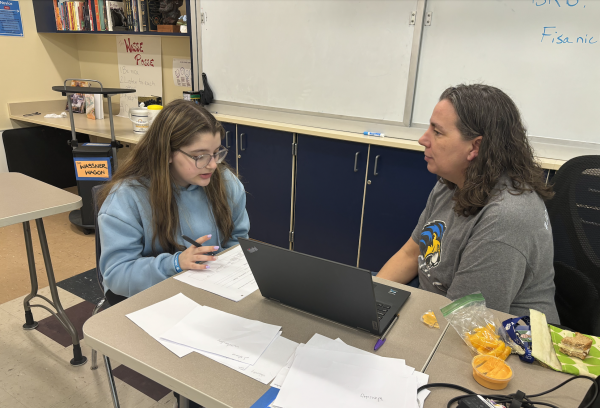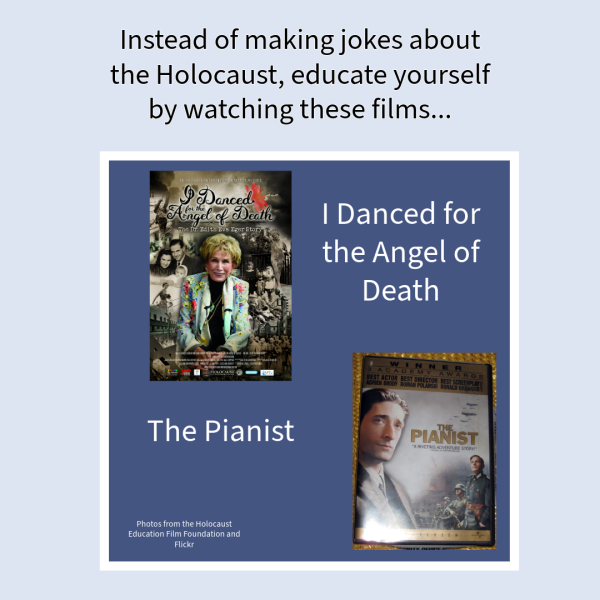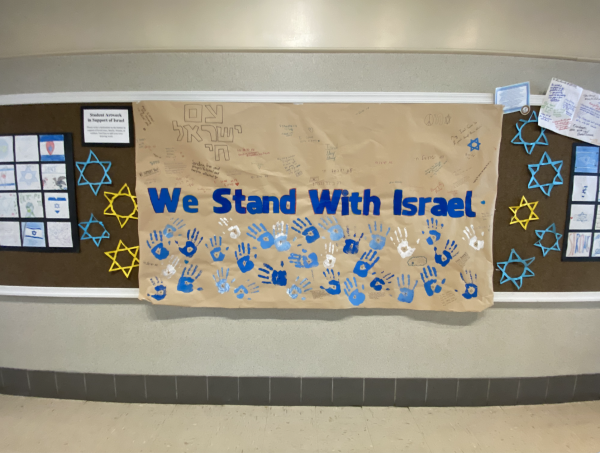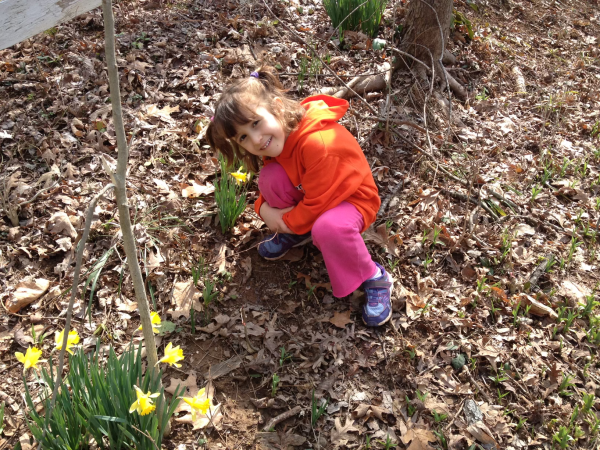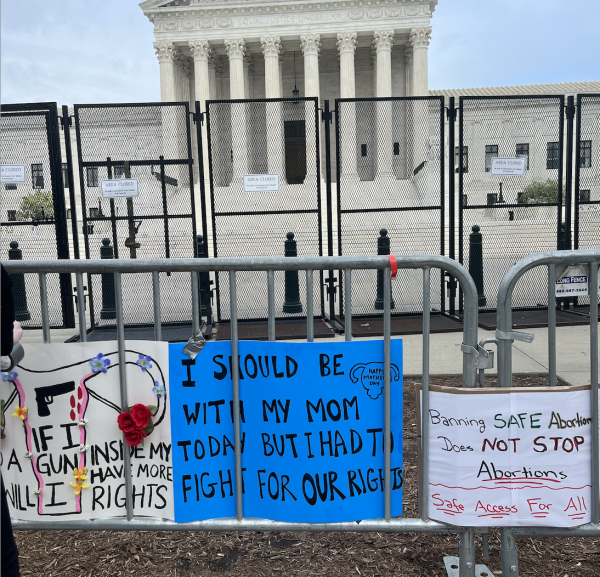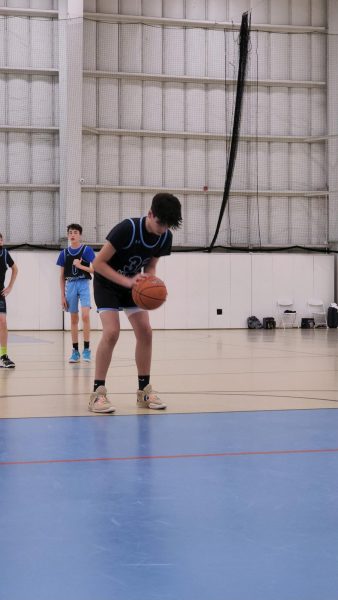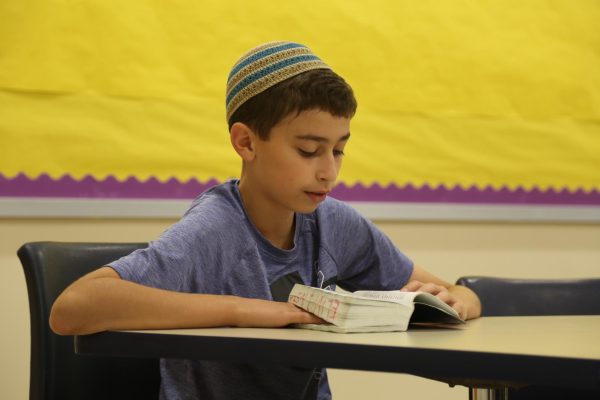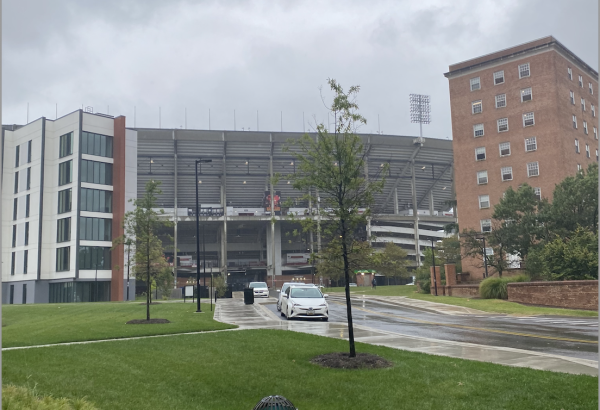Two Perspectives on Yom Hazikaron

An American in Israel and an Israeli in America share their experiences and thoughts on this past Israeli Memorial Day.
May 1, 2015
An American in Israel and an Israeli in America share their experiences and thoughts on this past Israeli Memorial Day.
By Shai Zarka
For an Israeli, Yom Hazikaron is one of the most emotional and patriotic days of the year. Not being in Israel on this day, by my sibling soldiers, is a noticeable disruption to being able to commemorate this day as it should be.
It was almost impossible not to feel disconnected from Yom Hazikaron when it is just another day for the majority of the school. Having the assembly at the end of the day instead of the beginning like it was scheduled this year, did not encourage students to keep the soldiers and victims of terror attacks in mind throughout the day.
That being said, it is a privilege that JDS allowed us to bring Yom Hazikaron to the school, considering it is an American school. Having this day being commemorated in an American Jewish school is a reminder that not only Israeli citizens identify themselves with Israel. Zionism is spread throughout the Jewish community. Even though we had to speak in English and shorten our program, we were able to bring the traditional Yom Hazikaron ceremony as it is commemorated in Israel to JDS.
Both the middle school and high school native Hebrew speakers make it their goal not only to create an environment in which we will be able to commemorate the soldiers as we do in Israel, but to allow those who do not feel connected to understand the importance of this day, and the pain that comes with it. In experiences like these, being an Israeli in JDS makes me feel proud and respected rather than making me feel excluded. Overall, living in America strengthened my connection to Israel by forcing me to appreciate the culture and community that I am missing, and by giving me the mission of helping others connect to Israel.
By Matthew Litman
As an American, being in Israel on Yom Hazikaron was a hard experience for me. I was staying at Kibbutz Kramim for my volunteer period, and it’s a very close knit community. Everyone knows everybody and their stories. And on Yom Hazikaron, I couldn’t help but feel like an outsider.
The night before, the kibbutz had a ceremony and a slideshow of all of those who had fallen in battle and were related to members of the kibbutz. A child behind me kept on asking his mother who the people were in the pictures, and she riddled off the names and to whom they were related.
The day of Yom Hazikaron everyone was a bit more solemn and serious. Our boss left us in the fields to work and trim vines. When the siren went off, I put my clippers down and tried desperately to remember the photos I saw from the night before. I couldn’t; my mind was blank. I didn’t know what to do. Do I pray for those who died, I asked myself. Do I thank them for their sacrifice? Do I say sorry? But as suddenly as it started, the siren ended and I went back to work feeling like I had missed an opportunity.
For about half the day, I was struggling to figure out what my purpose should be during Yom Hazikaron. And near the end of it, I remembered how I felt a couple of weeks earlier, on the day of the one-year anniversary of my camp friend’s death. His name was Adiv Lift (z”l) and he died in a car accident; he was only sixteen. Abigail Israel, two of our friends, one of our counselors and I had a Yizkor service for him. The counselor, Manny, talked about how he actually just lost a good friend of his this past summer during Operation Protective Edge. With his head hung low, he said that he knew how we were feeling.
So as I was sitting outside, back on Kibbutz Kramim, I picked up my phone and sent a short text to Manny. I told him that I was here for him like he was there for me a couple weeks ago. He responded quickly, and we ended up talking for a long time. He told me about his friend, Matan, who died, and sent me a couple of paragraphs that he wrote about him the night before. The conversation died down, and Manny said that he really appreciated me reaching out to him. And for the first time that day, I felt connected to Yom Hazikaron.
I realized that all I had to do was reach out and talk to people. Because, like one of my other counselors said, everyone in Israel either has a relative who died in battle or knows someone personally that did. It’s important to let people tell you their stories about their loved ones that died in war, not only because it is important to know those stories, but because it’s important to remember and pass those stories on.
This is what spending Yom Hazikaron in Israel taught me: preserving the memories of those who died, regardless of the manner in which they died, is the greatest, and perhaps the most meaningful, thing you can do. And I’m eternally grateful for learning that lesson. I’m going to do my best to never forget Adiv, Matan, and their stories.


